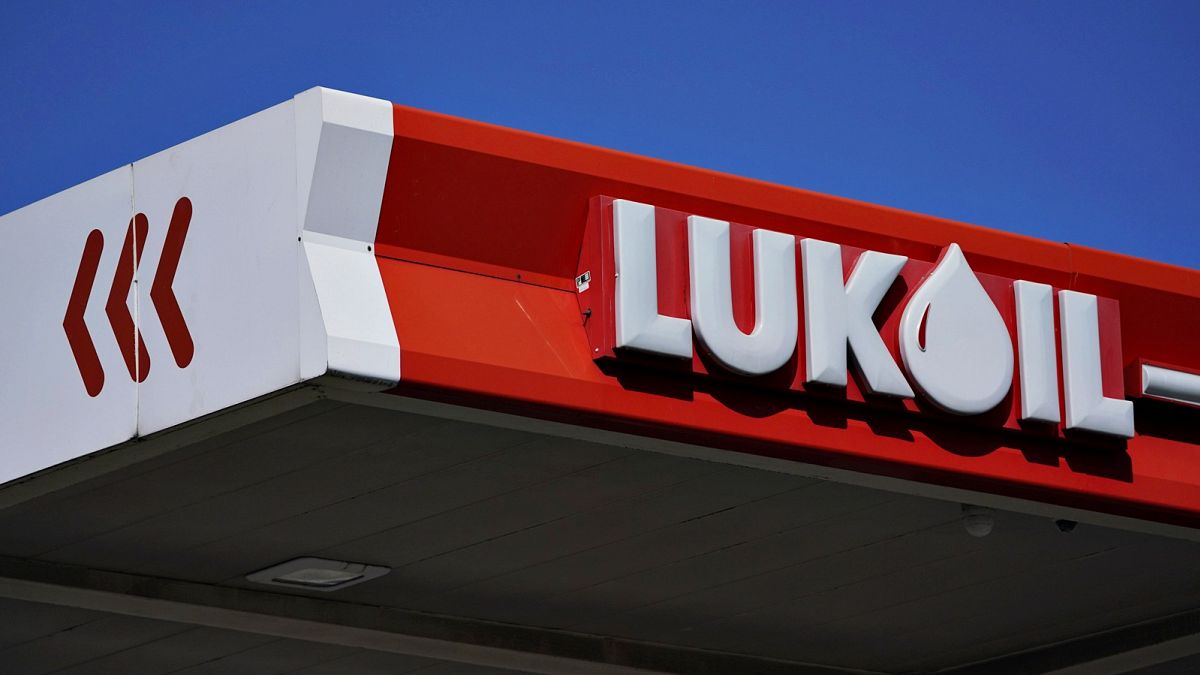Hungary and Slovakia are in a dispute with Ukraine over the country’s decision to restrict the oil supplies of Lukoil. The European Commission is stepping in to mediate the conflict as both Hungary and Slovakia are concerned about the potential impact on their economies. Brussels has acknowledged the petition from both countries and is gathering more information before making a decision. A meeting of the trade policy committee is set to take place to assess the situation further. If the EU-led mediation fails, Hungary and Slovakia are threatening to take Ukraine to court.
Hungary and Slovakia are among the few countries exempted from the EU-wide ban on purchasing Russian crude oil, allowing them to receive supplies through the Druzhba pipeline. This pipeline is crucial for both countries as it carries approximately 250,000 barrels of Russian oil daily, with the MOL Group being the top buyer. The Ukraine’s decision to restrict Lukoil supplies has prevented Hungary and Slovakia from exercising this exemption, leading to further tensions between the parties. Both countries are pushing back against what they see as a violation of the Association Agreement.
The tense situation between the countries comes amidst Hungarian Prime Minister Orbán’s efforts to facilitate peace talks in Ukraine, Russia, and China. In a controversial move, Orbán’s meeting with Russian President Putin has sparked backlash and calls for a boycott of Hungary’s six-month presidency of the EU Council. The ongoing oil dispute has also been linked to Hungary’s veto on EU military assistance to Ukraine, which has blocked a significant amount of financial support to the country. The Hungarian government is firm on their stance until the oil supply issue is resolved.
The European Commission has expressed readiness to support member states affected by the dispute and find a solution in collaboration with Ukraine. The Commission is scheduled to discuss the matter further with Hungary, Slovakia, and Ukraine to address the concerns raised by all parties involved. The situation remains complex as political tensions continue to rise, with Hungary and Slovakia warning of potential legal action if the mediation process does not bring a resolution satisfactory to all parties. The energy supply disruption caused by the restrictions on Lukoil supplies has put a strain on the economies of Hungary and Slovakia.
Both Hungary and Slovakia have criticized Ukraine’s decision to restrict the transit of Russian oil through its territory as a threat to their energy security. The joint letter sent to the European Commission highlights the urgency of the situation and calls for immediate intervention to safeguard the interests of all parties involved. The dispute underscores the delicate balance between national interests, economic stability, and international relations, with the potential for legal action looming if a resolution is not reached. The European Commission’s role in mediating the conflict will be crucial in ensuring a peaceful and mutually beneficial outcome for all parties involved.










